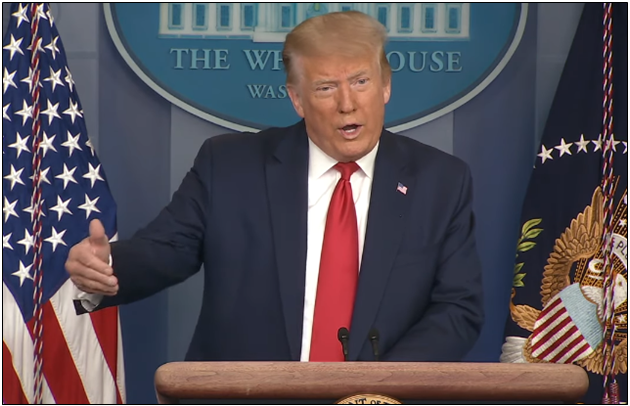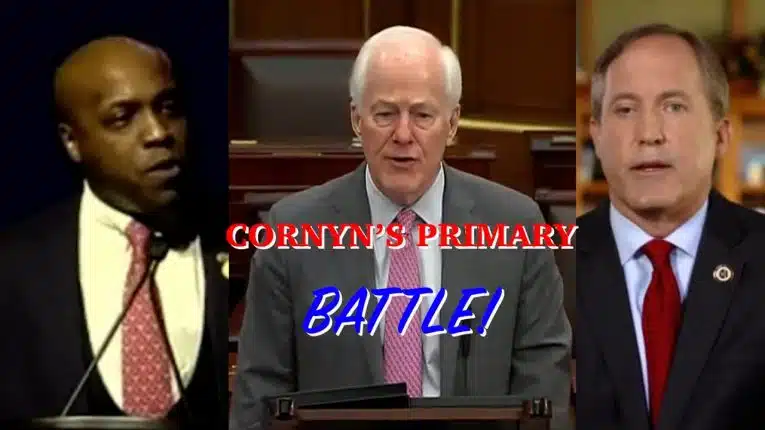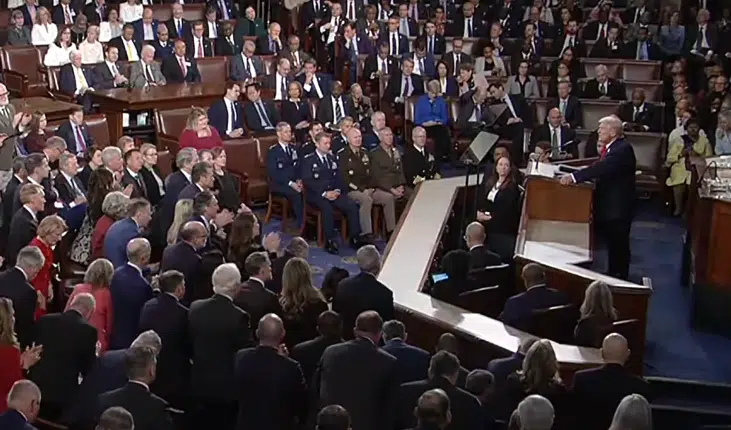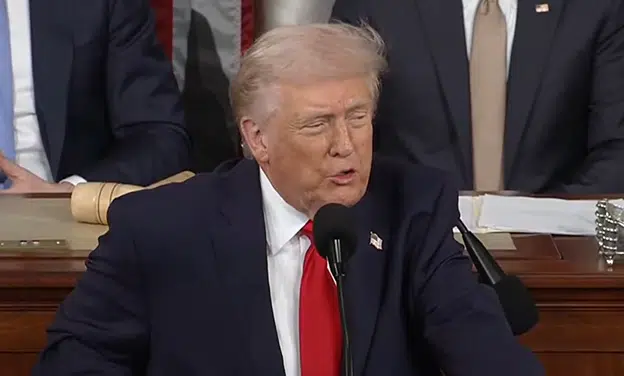The U.S. economy has added a record 7.8 million to 8.8 million jobs back in May and June, according to the Bureau of Labor Statistics’ (BLS) respective establishment and household surveys, bringing the reported unemployment rate down to 11.1 percent even as the number of Americans returning to the civilian labor force following the COVID-19 pandemic shutdowns continues to increase.
This is incredible news because it means for certain that the labor market hit its bottom in April, the same month the IHME-estimated number of new cases daily was peaking at about 250,000 on March 29, down to an estimated 70,000 new cases a day now.
As the country moved past the worst of the pandemic in April, states have slowly been easing restrictions, resulting in the rapid economic upswing and job creation we’re experiencing today.
In addition, the payroll protection plan enacted by President Donald Trump and Congress appears to be playing a crucial role in the rebound.
Usually, in a recession it takes on average about 11 months to lose all the jobs and for labor markets to hit their bottom.
In the current case, it only took two months to hit the bottom from the February reading of 158.7 million in BLS’ household survey of Americans reporting they had jobs down to 133.4 million in April. Now it’s back up to 142.2 million and accelerating after two months, a good sign for the rapid recovery nobody but President Donald Trump was forecasting just a few months ago.
On April 27, Trump stated in a Rose Garden press conference with the , “I think you’re going to have a recovery… [W]e had the greatest economy ever in the history of our world, and I had to turn it off in order to get to a point where we are today. And now we’re making a comeback. And I think we’re going to have, economically — from an economic standpoint, next year — an unbelievable year. And I think that you’re going to see a fantastic fourth quarter, and the third quarter will start to build. But the second quarter, obviously, you’re going to have GDP lack of growth.”
Now, for two consecutive months, the numbers are confirming the President’s faith in the U.S. economy and the American people, who are anxious to get back to work.
Some headwinds will include how and at what rate states are able to safely reopen their economies, and importantly, their schools, with some districts anticipating limited in-person class offerings and more distance learning even in the upcoming academic year.
The more restrictions states have in place — some states are closing bars and limiting capacity at restaurants again amid an temporary uptick in daily confirmed COVID-19 cases — and the longer children are forced to stay home from school, the longer it will take for the economy to fully recover.
Usually, it takes on average about 15 months for the economy to recover the jobs lost in a recession, sometimes sooner and sometimes later.
Still, with the jobs numbers now growing at a record clip, and with a vaccine actively in development, we’re ahead of schedule.
As we celebrate our independence on July 4, so too can we begin to celebrate the nation’s independence from the Chinese coronavirus that did so much to claim so many lives and devastate the nation. Today, we’re one step closer.
Robert Romano is the Vice President of Public Policy at Americans for Limited Government.







